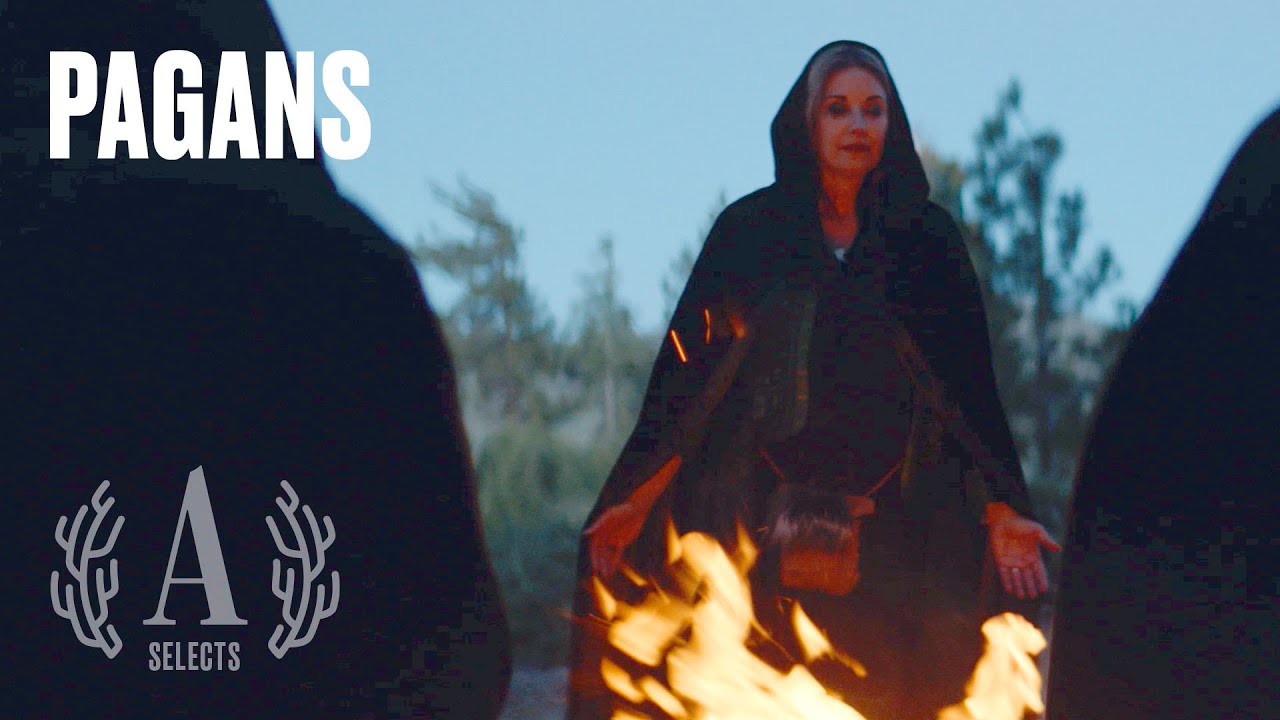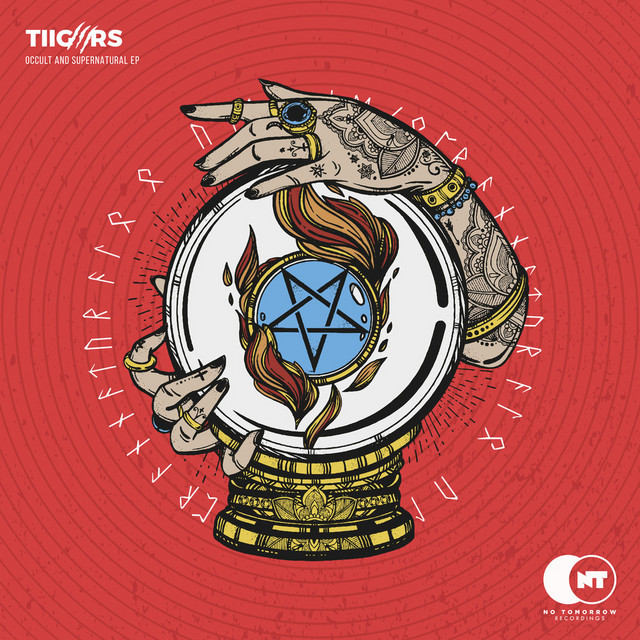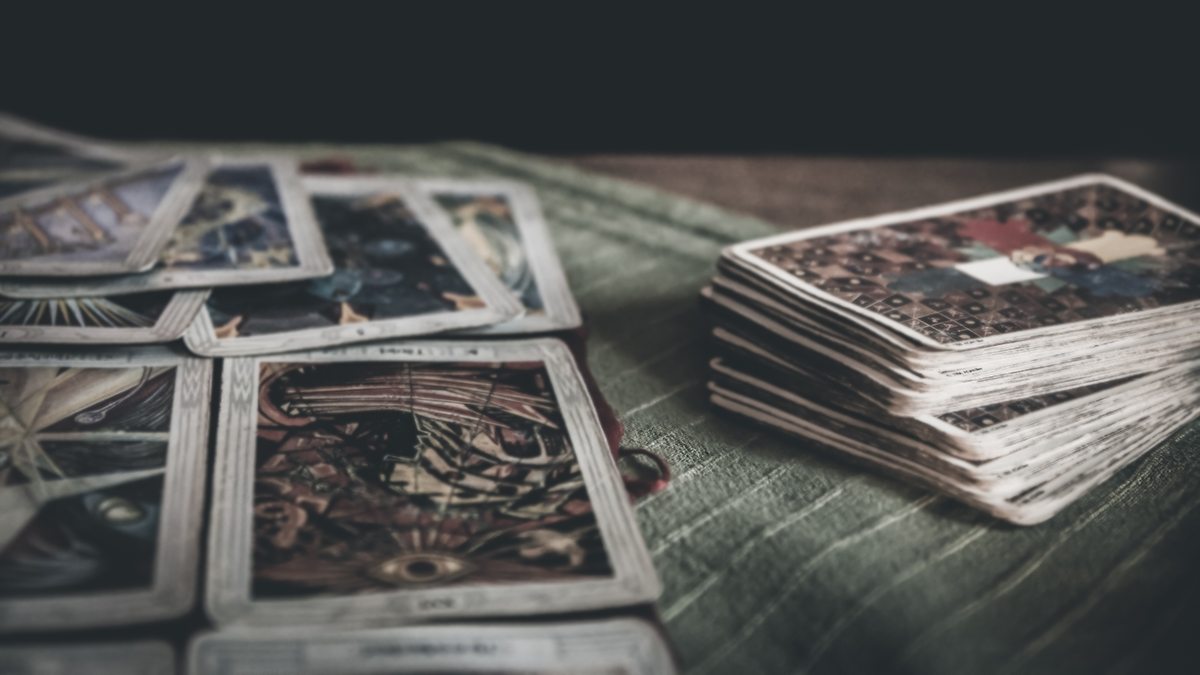What Secrets Lie Buried In Occult History?
The occult, in the broadest sense, is a classification of exclusive extraordinary convictions and practices which for the most part fall outside the extent of religion and science. But, what are some secrets in occult history?
Author:Evelyn AdamsReviewer:Calvin PenwellJan 12, 20241.1K Shares33.2K Views

The occult, in the broadest sense, is a classification of exclusive extraordinary convictions and practices which for the most part fall outside the extent of religion and science, incorporating peculiarities including powerful organizations, like wizardry. It can likewise allude to heavenly thoughts like extra-tangible insight and parapsychology.
The term occult scienceswere utilized in sixteenth-century Europe to allude to soothsaying, speculative chemistry, and regular sorcery, which today are viewed as pseudosciences. The term occultism(otherworldliness) arose in nineteenth-century France, where it came to be related to different French exclusive gatherings associated with Éliphas Lévi and Papus, and in 1875 was brought into the English language by the esotericist Helena Blavatsky.
All through the twentieth hundred years, the term was utilized eccentrically by a scope of various creators, yet by the 21st century was normally utilized - including by scholastic researchers of elusiveness - to allude to a scope of exclusive flows that were created during the nineteenth hundred years and their relatives. Occultism is consequently frequently used to sort such obscure practices as Spiritualism, Theosophy, Anthroposophy, the Hermetic Order of the Golden Dawn, and the New Age.
Utilization of the term as a nominalized descriptive wordhas grown particularly since the late 20th hundred years. In that equivalent period, occult and culture were joined to frame the neologism occulture.
Occult History
The occult (from the Latin word occultus "covert, covered up, secret") is "information on the hidden". In like manner use, occult alludes to "information on the paranormal", instead of "information on the measurable", generally alluded to like science. The term is now and again interpreted as meaning information that "is implied uniquely for specific individuals" or that "should be kept stowed away", however for Theosophist Helena Blavatsky it is just the investigation of a more profound occult reality that stretches out past unadulterated explanation and the physical sciences.
The terms exclusive and hidden can likewise be utilized to depict the occult meaning, notwithstanding their implications inconsequential to the heavenly. The earliest known utilization of the term occultism is in the French language, as l'occultisme. In this structure, it shows up in A. de Lestrange's article that was distributed in Jean-Baptiste Richard de Randonvilliers' Dictionnaire des maxims nouveaux ("Dictionary of new words") in 1842.
Nonetheless, it was not related, now, to the thought of Ésotérisme chrétien, as has been asserted by Hanegraaff, yet to portray a political "arrangement of occulticity" that was coordinated against clerics and aristocrats. In 1853, the Freemasonic writer Jean-Marie Ragon had previously utilized occultisme in his well-known work Maçonnerie occulte, relating it to prior rehearses that, since the Renaissance, had been named "occult sciences" or "occult way of thinking", yet in addition to the new communist lessons of Charles Fourier.
The French esotericist Éliphas Lévi then, at that point, involved the term in his persuasive book on custom sorcery, Dogme et rituel de la haute magie, first distributed in 1856. Lévi knew about that work and could have acquired the term from that point. Regardless, Lévi additionally professed to be a delegate of a more established custom of occult science or occult philosophy. It was from his use of the term occultisme that it acquired more extensive usage; as per Faivre, Lévi was "the principal exponent of esotericism in Europe and the United States" at that time.
The term occultism arose in nineteenth-century France, where it came to be related to different French obscure gatherings associated with Éliphas Lévi and Papus, The earliest utilization of the term occultism in the English language seems, by all accounts, to be in "A Few Questions to 'Hiraf'", an 1875 article distributed in the American Spiritualist magazine, Spiritual Scientist. The article had been composed by Helena Blavatsky, a Russian émigré living in the United States who established the religion of Theosophy.
Various 20th-century scholars regarding the matter involved the term occultism in various ways. A few scholars, like the German logician Theodor W. Adorno in his "Theories Against Occultism", utilized the term as an expansive equivalent word for irrationality. In his 1950 book L'occultisme, Robert Amadou involved the term as an equivalent word for esotericism, a methodology that the later researcher of obscurity Marco Pasi proposed left the term superfluous.
What Is Esoteric Knowledge?
Esoteric most usually implies dark and simply comprehended or expected to be perceived by a few individuals with unique (and maybe confidential) information. It's frequently used to depict information that is simply planned to be uncovered to individuals who have been started into a specific gathering.
What Is Esoteric Practice?
Exclusiveness and "the Esoteric" The Oxford English Dictionary characterizes elusiveness as "the propensity for. concerning as the property of the trivial few." Such an attitude is. as often as possible related with the people of old and their partition of shrewdness. into an exoteric or open educating and a recondite or secret principle.
Unlike Amadou, different essayists saw occultism and exclusiveness as various, yet related, peculiarities. During the 1970s, the humanist Edward Tiryakian recognized occultism, which he utilized regarding practices, strategies, methodology, and exclusiveness, which he characterized as the strict or philosophical conviction frameworks on which such practices are based. This division was at first embraced by the early scholastic researcher of elusiveness, Antoine Faivre, in spite of the fact that he later deserted it; it has been dismissed by most researchers who concentrate on obscurity.
Occult Sciences
The thought of "occult sciences" was created in the sixteenth century. The term generally enveloped three practices - crystal gazing, speculative chemistry, and normal wizardry- albeit in some cases different types of divinationwere likewise included instead of being subsumed under regular magic. These were assembled on the grounds that, as indicated by the Dutch researcher of hermeticism Wouter Hanegraaff, "each one of them engaged in a systematic investigation of nature and natural processes, in the context of theoretical frameworks that relied heavily on a belief in occult qualities, virtues or forces."

The Many Faces of the Occult
Although there are areas of cross-over between these different occult sciences, they are independent and at times specialists of one would dismiss the others as being illegitimate. During the Age of Enlightenment, occultism progressively came to be viewed as inherently contradictory to the idea of science. From that point on, utilization of "occult science(s)" inferred a cognizant questioning against standard science.
Nevertheless, the thinker and game student of history Michael Dummett, whose investigation of the verifiable proof proposed that fortune-telling and occult understandingsutilizing cards were obscure before the eighteenth 100 years, said that the term occult science was not lost since "people who believe in the possibility of unveiling the future or of exercising supernormal powers do so because the efficacy of the methods they employ coheres with some systematic conception which they hold of the way the universe functions...however flimsy its empirical basis."
Occult Qualities
Occult characteristics are properties that have not a great reason; in the Middle Ages, for instance, magnetismwas viewed as an occult quality. Aether is another such element. Newton's contemporaries seriously reprimanded his hypothesis that gravity was effected through "action at a distance", as occult.
Conclusion
As of late researchers have offered viewpoints on the occult as entwined with media and innovation. Models incorporate crafted by film and media scholar Jeffrey Sconce and strict examinations researcher John Durham Peters, both of whom recommend that occult developments generally use media and mechanical assemblies as instruments to uncover stowed away parts of the real world or laws of nature.

Evelyn Adams
Author
Evelyn Adams is a dedicated writer at Kansas Press, with a passion for exploring the mystical and uncovering hidden meanings.
Evelyn brings a wealth of knowledge and expertise to her insightful articles. Her work reflects a commitment to providing accurate information, thoughtful analyses, and engaging narratives that empower readers to delve into the mysteries of the universe.
Through her contributions, Evelyn aims to inspire curiosity, spark imagination, and foster a deeper understanding of the supernatural world.

Calvin Penwell
Reviewer
Since diving into numerology in 1997, my path has been marked by extraordinary encounters and insights. A pivotal moment was uncovering a forgotten numerological manuscript in a tucked-away Italian library, which deepened my connection to the ancient wisdom of numbers. Another transformative experience was a meditation retreat in Nepal's tranquil mountains, where I honed my intuition and the art of interpreting numerical vibrations.
These adventures have not only enriched my numerological practice but also my ability to guide others towards understanding their destiny and life's purpose. My approach is deeply personal, rooted in a blend of historical knowledge and intuitive insight, aimed at helping individuals find their alignment with the universe's abundant energies. My mission is simple: to share the power of numerology in illuminating paths to abundance and fulfillment.
Latest Articles
Popular Articles

